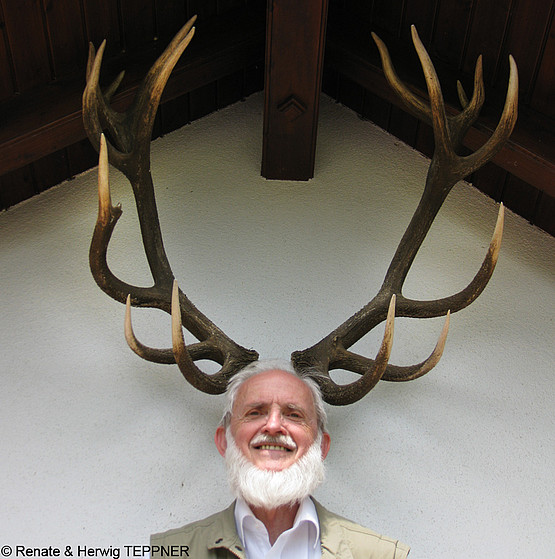Thesis:
h-index and journal impact factor are impeding the course of science like a millstone
Bear in mind the fact that the quality of a scientific publication is not an element in the calculation of these bibliometric factors

Odd eighteen-pointer = h-index 17.5 ............. visual pun / visuelles Wortspiel
The use of the impact factor for the evaluation of persons is nonsense. Please consider the San Francisco Declaration, <http://www.ascb.org/dora/>,
<http://www.labtimes-archiv.de/epaper/LT_13_05/#18>,
<http://science.sciencemag.org/content/340/6134/787.full>,
<https://publications.mpi-cbg.de/getDocument.html?id=8a8182da238c39d10123955066a00100>,
<http://mbio.asm.org/content/5/2/e00064-14.full>,
<http://link.springer.com/article/10.1007%2Fs11192-011-0561-0> and <https://www.vs.inf.ethz.ch/publ/slides/Citation-Index-Unsinn.pdf>.
Concerning the misuse of the journal impact factor in connection with a discussion of hunting of authors for publishing in journals with high impact factor, the following contributions are also worth to be read:
<http://www.labtimes-archiv.de/epaper/LT_14_01/#16>,
<http://www.thecostofknowledge.com/>, <http://science.sciencemag.org/content/342/6154/60.full>,
<https://elifesciences.org/content/5/e13323>,
<http://laborjournal.de/rubric/essays/e16_01.lasso>,
<https://scholarlyoa.com/2014/01/02/list-of-predatory-publishers-2014/> and
<http://www.labtimes-archiv.de/epaper/LT_15_03/#18>.
A good summary on the h-index offers Wikipedia: <https://en.wikipedia.org/wiki/H-index>. Because of shortcomings of the h-index, new indices were created [e.g.
<http://de.slideshare.net/KNOWeSCAPE2014/skno-we-scape2014thesssidiropoulos>,
<http://link.springer.com/article/10.1007%2Fs11192-014-1515-0#/page-1>,
<https://en.wikipedia.org/wiki/Altmetrics>, and
<http://www.laborjournal.de/rubric/essays/e16_11.lasso>], which also should enable the evaluation of scientists without knowledge of their work.
Recommendations for improving the personal h-index
[< http://de.slideshare.net/zwentang/how-to-increase-your-h-index-and-paper-citation-h-index>,
<http://www3.nd.edu/~ydong1/papers/WSDM15-Dong-Johnson-Chawla-hindex-scientific-impact.pdf>,
<http://bulletin.eatcs.org/index.php/beatcs/article/view/38/34>,
<http://researchtoolsbox.blogspot.co.at/2015/08/10-simple-steps-to-maximize-your.html>, <http://eprints.rclis.org/20496/1/30366-105857-1-PB.pdf>] are often far from scientific ethics.
Negative excesses, somehow linked with h-index, are multiauthor papers or hyperauthorship [e.g., <https://en.wikipedia.org/wiki/Academic_authorship>,
<http://www.labtimes-archiv.de/epaper/LT_15_01/#18>,
<http://onlinelibrary.wiley.com/doi/10.1002/asi.1097/epdf>,
<http://sciencewatch.com/articles/multiauthor-papers-onward-and-upward>, <http://sciencewatch.com/articles/single-author-papers-waning-share-output-still-providing-tools-progress>, and
<https://ojs.ub.uni-konstanz.de/cpa/article/view/5334>], with their mass production of citations. One self-citation of one author leads to citation points for all others [compare, e.g.,
<http://www.independent.co.uk/news/science/long-author-lists-on-research-papers-are-threatening-the-academic-work-system-10279748.html>, and <http://jme.bmj.com/content/39/8/509.abstract>].
To find further relevant information, search in the Google and Google Scholar databases for h-index and impact factor combined with the words misuse and/or impeding as well as for multiauthor papers and hyperauthorship.
All links were checked in November 2016. The generous technical help of W. Schuehly and W. Obermayer is gratefully acknowledged.
Herwig Teppner
Institut für BiologieInstitut für Biologie